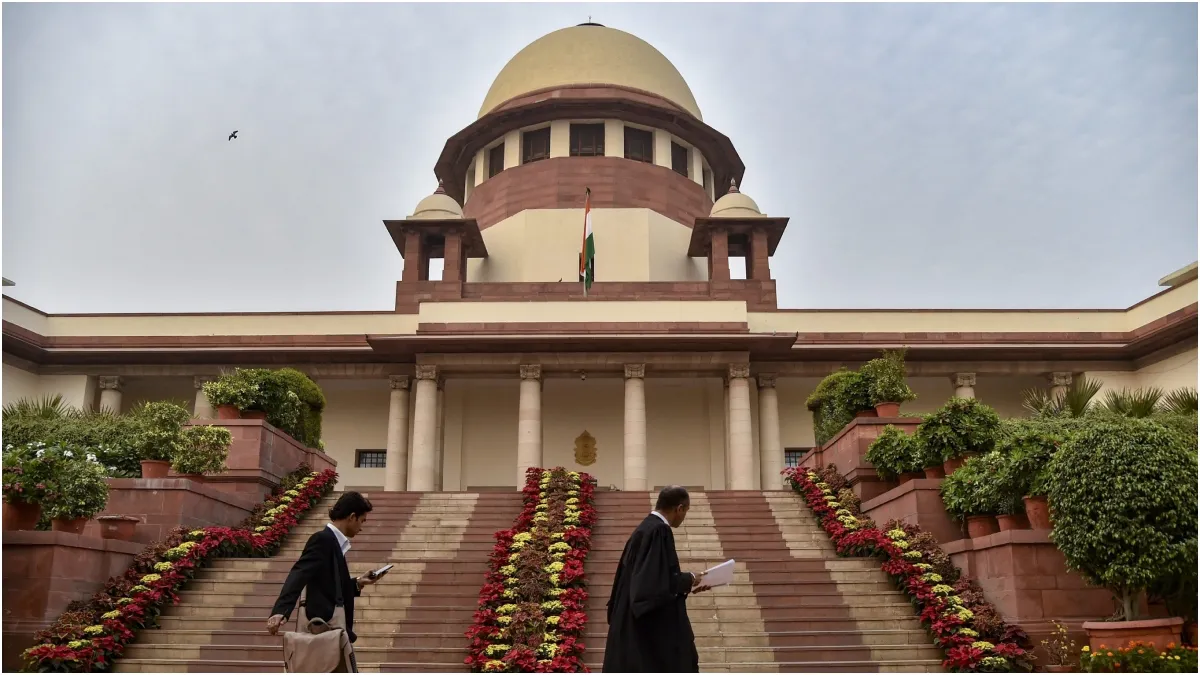- By Shubham Bajpai
- Sat, 13 Sep 2025 07:09 PM (IST)
- Source:JND
The Supreme Court will deliver its verdict on the batch of 21 petitions that challenged the constitutional validity of the Waqf (Amendment) Act, 2025.
The apex court order will decide the fate of the law, whether it will be suspended or not. The top court had reserved its order four months ago.
The bench of Chief Justice of India (CJI) BR Gavai and Justice AG Masih had reserved its decision on May 22 and will pronounce it on September 15. According to the cause list of September 15 uploaded on the apex court website, the court will deliver its order in the matter.
Three core issues identified by SC
One of the issues in the case relate to the power to denotify properties declared as “waqf by courts, waqf-by-user or waqf by deed" prescribed in the Waqf (Amendment) Act, 2025.
ALSO READ: Centre Notifies Rules On Portals, Database And Audits Of Waqf Properties; What's Next?
The bench had identified the three issues, on which the petitioners sought a stay, for passing interim orders.
Apart from the denotification issue, petitioners have raised questions over the composition of state waqf boards and the Central Waqf Council, where they contend only Muslims should operate, except ex officio members.
The third issue, which was identified, relates to a provision that says a waqf property will not be treated as a waqf when the collector conducts an inquiry to ascertain if the property is government land.
SC declines to stay property registration on Waqf portal
Earlier on August 22, the Supreme Court declined to stay a Central government notification that mandated all waqf properties in the country to be registered on a centralised digital portal, UMEED (Unified Waqf Management, Empowerment, Efficiency, and Development), within six months.
The notification was released on June 6. Back then, the CJI had stated that he couldn't stay the notification as the order was already reserved.
CJI had told the petitioner, "How can we pass an interim order when the judgment has been reserved in the issue? Sorry! You comply with whatever is required. We will consider everything in our order".
(With PTI Inputs)
